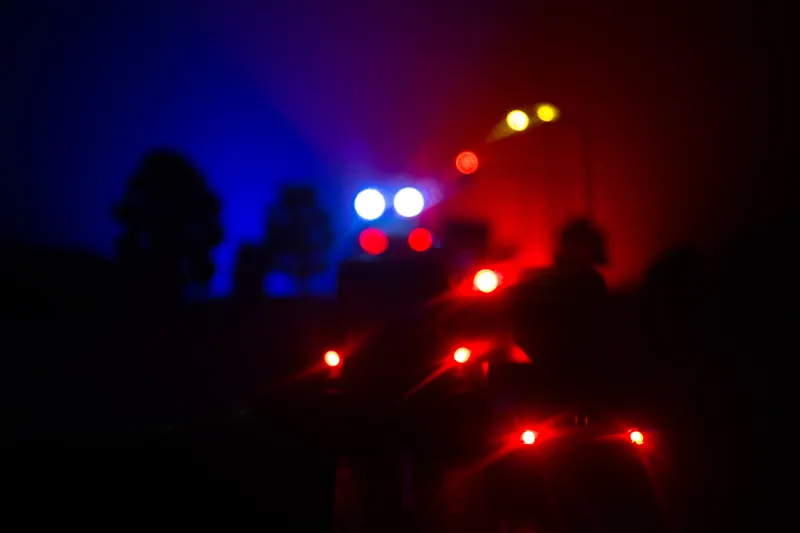In his speech at the National Roads Policing Conference, Roads Minister Andrew Jones announced that 8,500 drivers were convicted of drug driving in 2016, the first full year since the legislation changed in March 2015. In 2014, only 879 drivers were convicted.
The new legislation makes it illegal in England and Wales to drive with certain drugs in the body above specified levels, including eight illegal drugs and eight prescription drugs. Those caught drug-driving face a minimum 12-month driving ban, up
January 31, 2017
Read time: 2 mins
In his speech at the National Roads Policing Conference, Roads Minister Andrew Jones announced that 8,500 drivers were convicted of drug driving in 2016, the first full year since the legislation changed in March 2015. In 2014, only 879 drivers were convicted.
The new legislation makes it illegal in England and Wales to drive with certain drugs in the body above specified levels, including eight illegal drugs and eight prescription drugs. Those caught drug-driving face a minimum 12-month driving ban, up to six months in prison, an unlimited fine and a criminal record.
Jones went on to say that £1m of government funding has been used to train 1,000 officers from police forces across England and Wales in ‘gathering evidence of impairment caused by drugs’.
He also talked to delegates about drink driving and mobile phones, reiterating that motorists caught using a mobile phone at the wheel face increased penalties of six points on their licence and a fixed penalty fine of £200.
He also said that although drink driving deaths have fallen by 80 per cent over the past 50 years, more needs to be done to maintain the progress. Since 2015, in order for high-risk offenders to get their licenses back they have to prove they are not alcohol dependant. In addition, drivers who fail a breathalyser are no longer automatically able to demand a blood test in the hope that they’ll sober up in the meantime.
The new legislation makes it illegal in England and Wales to drive with certain drugs in the body above specified levels, including eight illegal drugs and eight prescription drugs. Those caught drug-driving face a minimum 12-month driving ban, up to six months in prison, an unlimited fine and a criminal record.
Jones went on to say that £1m of government funding has been used to train 1,000 officers from police forces across England and Wales in ‘gathering evidence of impairment caused by drugs’.
He also talked to delegates about drink driving and mobile phones, reiterating that motorists caught using a mobile phone at the wheel face increased penalties of six points on their licence and a fixed penalty fine of £200.
He also said that although drink driving deaths have fallen by 80 per cent over the past 50 years, more needs to be done to maintain the progress. Since 2015, in order for high-risk offenders to get their licenses back they have to prove they are not alcohol dependant. In addition, drivers who fail a breathalyser are no longer automatically able to demand a blood test in the hope that they’ll sober up in the meantime.










